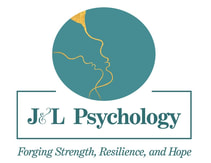|
By Emily Brackman, PhD
“Recovery can only take place within the context of relationships; it cannot occur in isolation.” – Dr. Judith Lewis Herman While we are more "connected" than ever before, technologically speaking, it has been a long and lonely pandemic for many if not most of us. Even with constant, immediate, and seemingly endless outlets for virtual contact, loneliness and longings for meaningful social connection are at an all-time high. In the Japanese art of Kintsugi, broken pottery is repaired with a bonding substance lined with gold to create a new, beautiful, shimmering object by integrating and honoring past pain. As we each reassemble the pieces of our former way of life to build an even stronger foundation, it is important to remember that our ties to loved ones, friends, family, and community can serve as the glue that holds us together. As a team of mental health professionals at J&L, we recognize that there is no one-size-fits-all cure for loneliness. We have put together 5 suggestions of things you can do If you are struggling to connect with others and are looking to build community. By Jennifer Newman, PhD
On a recent rainy day, somewhere on the Upper East Side of Manhattan, I sit alone in our beautiful office space and the bell rings. I’m expecting lunch, however, am surprised to see a familiar face on the screen as I go to buzz in my delivery. One I have not seen in a long time. For nearly 30 years she had turned the key and climbed the steps, past the hall door and into Suite 201, which is tucked into the corner of the building. This woman, now retired, stopped by this day on her way back home to her native country in Europe. Her cabinets are gone, and the names on the door frame have changed, but inside 201 her ethic of care still remains. Where she plucked, smoothed, and buffed people to their best selves, we now help them renew from the inside out, and open them to new possibilities through therapy. By Laura Price, PhD
The headlines are screaming what we already know and feel: Too much work, too much pressure, and too little space to think, to play, and to love, is a recipe for burnout. Consider this study from the World Health Organization and International Labor Organization published in May in Environment International. It is the first global analysis of loss of life and health related to working long hours: “The study concludes that working 55 or more hours per week is associated with an estimated 35% higher risk of a stroke and a 17% higher risk of dying from ischemic heart disease, compared to working 35-40 hours a week.” Survey: By Jennifer Newman, PhD
As a therapist I am in the unique position of getting to listen to many people reflect and talk about their lives. Often I am confronted with examples or ideas that seem to defy my own held beliefs. When this happens, I find myself reflecting on what I believe and why. This is a part of my job that I love because I am always learning -- learning something new about the patient in front of me, the world, or a new perspective on humanity, psychology, or myself. A recent example of this came up in my work. Have you ever heard someone say, “You can move or go somewhere else, but your problems go with you?” I have. I think I have held this thought as a truth myself. And, logically, it does make sense. If you are depressed and you live in New York, and you decide to go to Canada, wouldn’t you still be depressed? I mean, maybe for a day or two you would be distracted, but wouldn’t it ultimately come back? You are still the same person in any environment, right? By Jennifer Newman, PhD
Can you really find joy when you have no energy left to truly enjoy it? Do you want to live in a constant grind, so busy you don’t have time to slow down and notice the daily pleasures that surround you? As a young professional chasing more was the constant pursuit. Higher grades, advanced degrees, better jobs, higher salaries, more, more, more… Burning out in the rat race façade of success. As a slightly seasoned professional I am on the constant pursuit of less. How can we, as a community, encourage each other to find balance and not reward overworking, work less. Not reward projects that are of no value to you, do less of what has no meaning to you. Not reward doing everything you can at all times, do less and have it be what you are really good at. The constant pursuit of less means having to really figure out what matters, and spending your time doing that, and not finding excuses for why you are too busy. J&L Psychology Group is currently accepting applications for a full-time, one-year postdoctoral fellowship with a flexible, immediate start date (estimated that position will begin in summer/fall of 2022). The position requires 20-25 clinical hours (1:1 patient care, group) in addition to attending a weekly clinical meeting, projects meeting, and individual supervision. Administration time and project development hours also are included in the 40-hour workweek.
We are looking for candidates interested in working with children, adults, families, and/or couples in a close-knit, collaborative therapeutic group practice. Our practice is located on the Upper East Side of Manhattan and all services are primarily being provided virtually due to COVID-19 crisis. By Emily Brackman, PhD
At the one-year anniversary of the COVID-19 pandemic, our inboxes and social media feeds are inundated with creative tips and tricks to improve our emotional well-being. Although there is light at the end of the tunnel, we continue to endure drastic changes to daily life. While staying in touch through Zoom meetups or taking a relaxing bath certainly can help soothe the effects of mind-numbing work-from-home days and prolonged social isolation, sometimes these one-size-fits-all strategies simply do not do the trick. If you find yourself anxious, depressed, or lost as we arrive at this anniversary – you are not alone. During times of prolonged uncertainty and constant change, it is remarkably human to at times feel less hopeful or excited about the future. You may find yourself asking, “What is the point of it all?” By Jennifer Newman, PhD
Have you felt judged, been criticized, offered suggestions, or given unsolicited advice that you don’t need, at a time you are barely making it through the day? ... Know that you are not alone. Don’t fall prey to the hype. Don’t read the blogs, the social media posts, the interviews, the books that make you believe you are doing it all wrong. Don’t shame scroll on social media to feel bad that you haven’t baked, crafted, or walked together today holding hands. Don’t buy into the fantasy picture of parenting during a pandemic ... It’s not real. Emily Brackman, PhD, is quoted in an article about coping with grief during the holidays. She suggests helpful activities such as creating a new ritual that allows you to mourn, and recommends that you consider ways you can honor your loved one's memory with traditions that matter most to you. You might share a story about your loss with a friend, go through an old photo album, write a letter to someone you are missing, or ask a shared person in your life to tell you a little bit about their relationship with the person you've lost.
Read the full article at MyWellbeing > Dr. Newman was honored to contribute to this promising work, which helps to advance scientific understanding and personalized medicine for PTSD.
Read the article here > |
Categories
All
Archives
March 2024
|
Home The Practice FAQs Practice News & Blog Stress & Anxiety Depression Trauma Couples Therapy Child Therapy, Parenting Coaching & Family Therapy Self Development Treatment For Professionals Contact
J&L Psychology Group, PLLC302 5th Avenue, 11th Floor, #1112, New York, NY, 10001
(646) 609-6323 If this is a mental health emergency, please call 911, go to your nearest emergency room, or call or text the Suicide and Crisis Lifeline at 988. Stay up to date: |
Follow us on Facebook and Instagram:
© Copyright J&L Psychology Group 2021
|

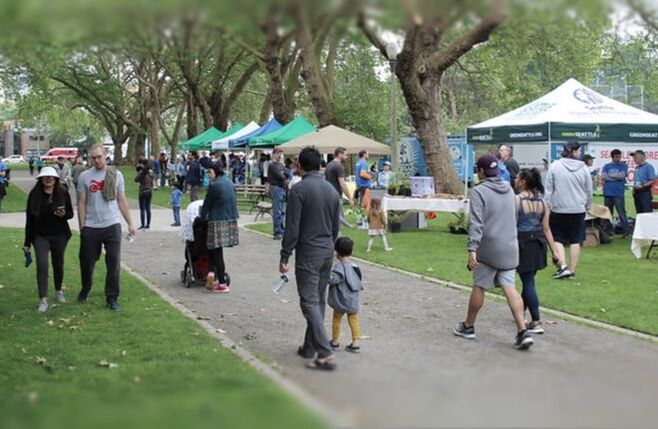
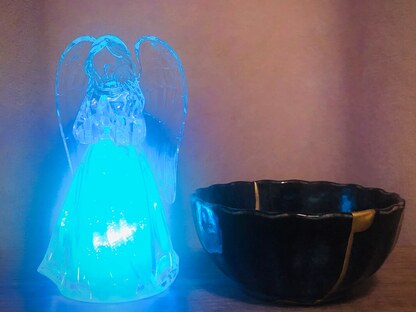

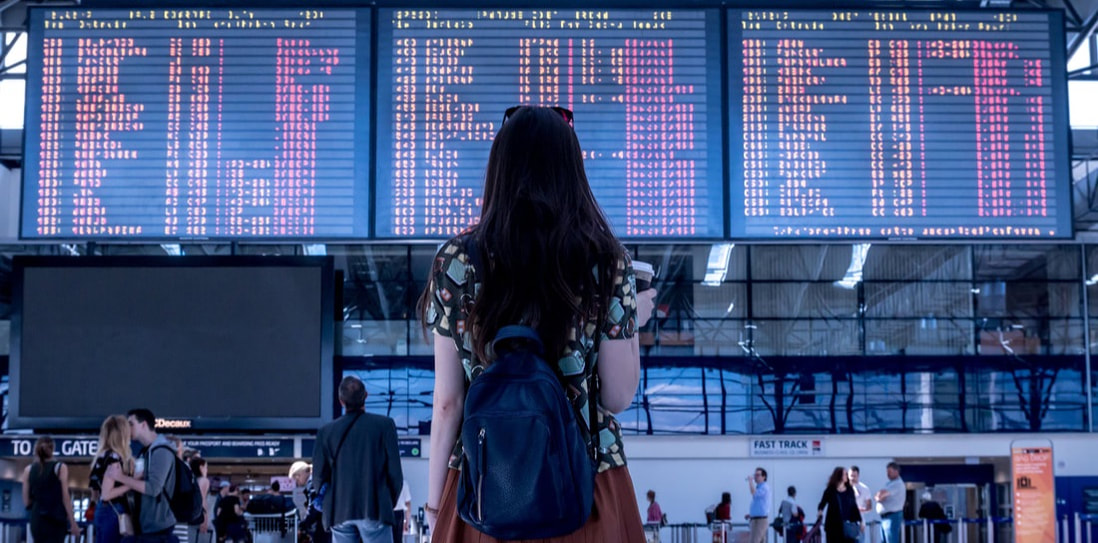
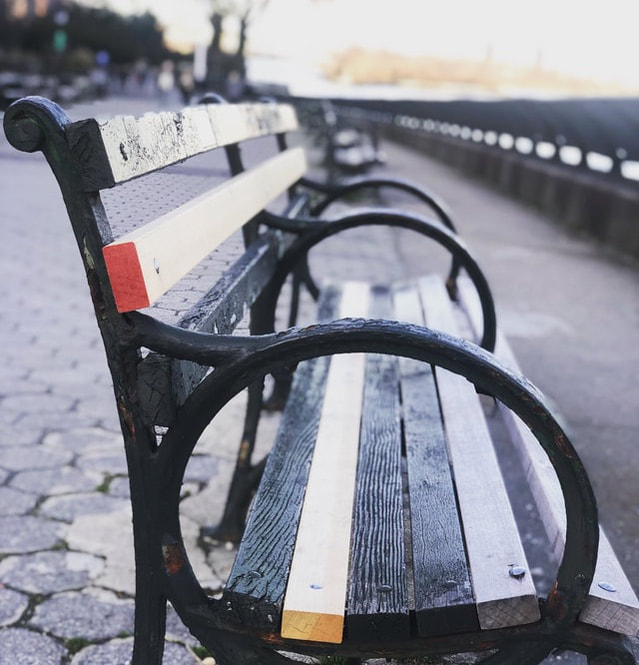

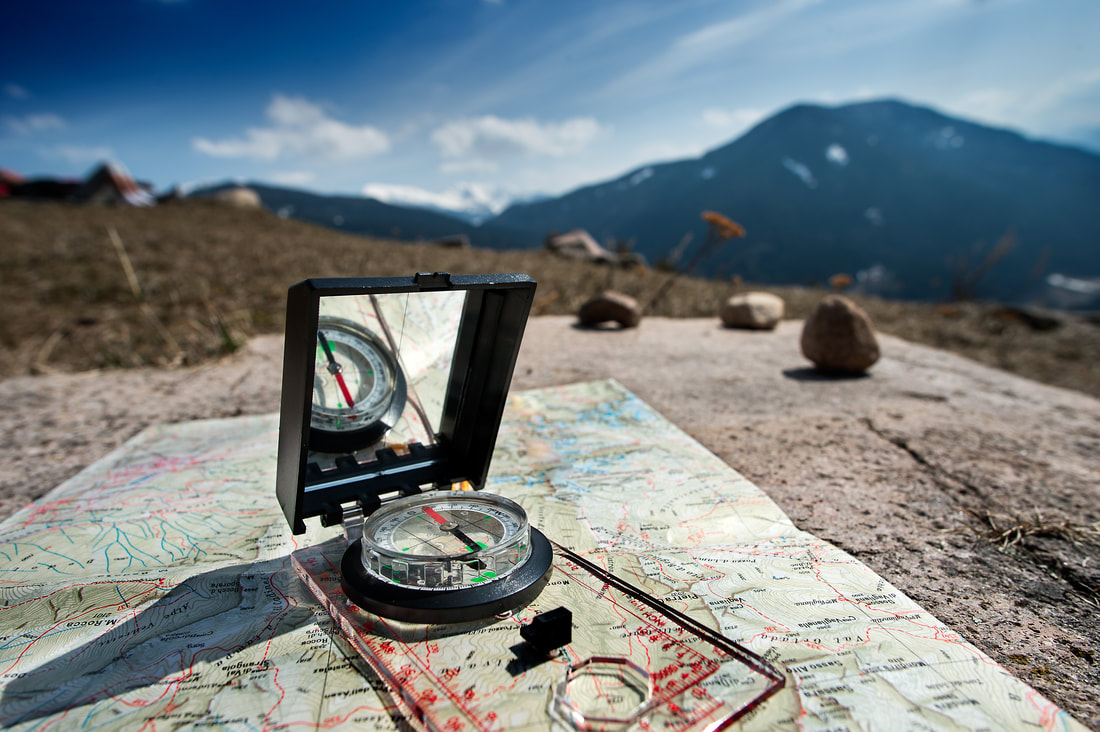
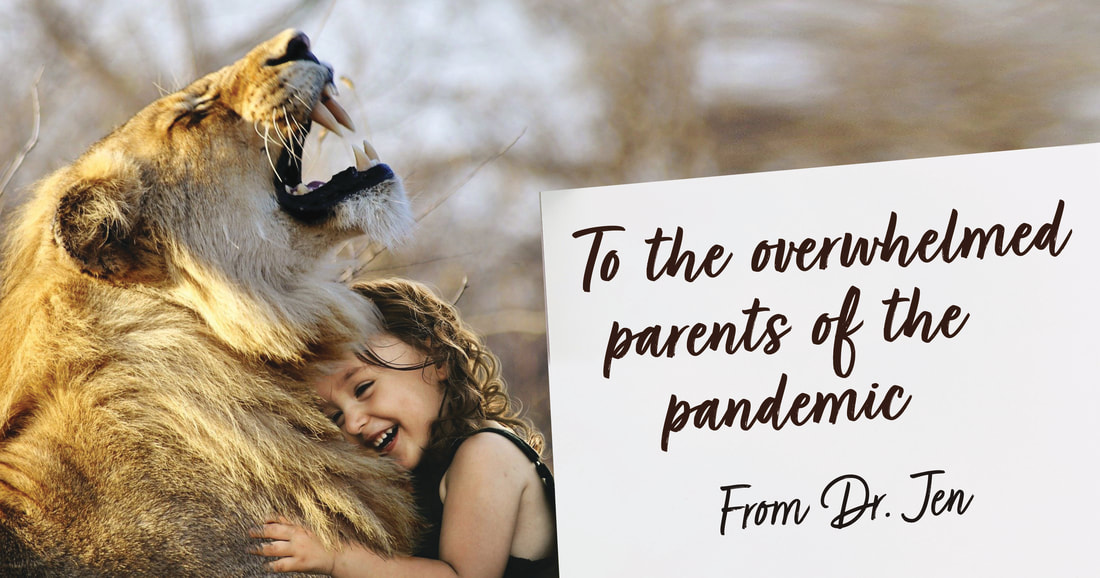


 RSS Feed
RSS Feed
